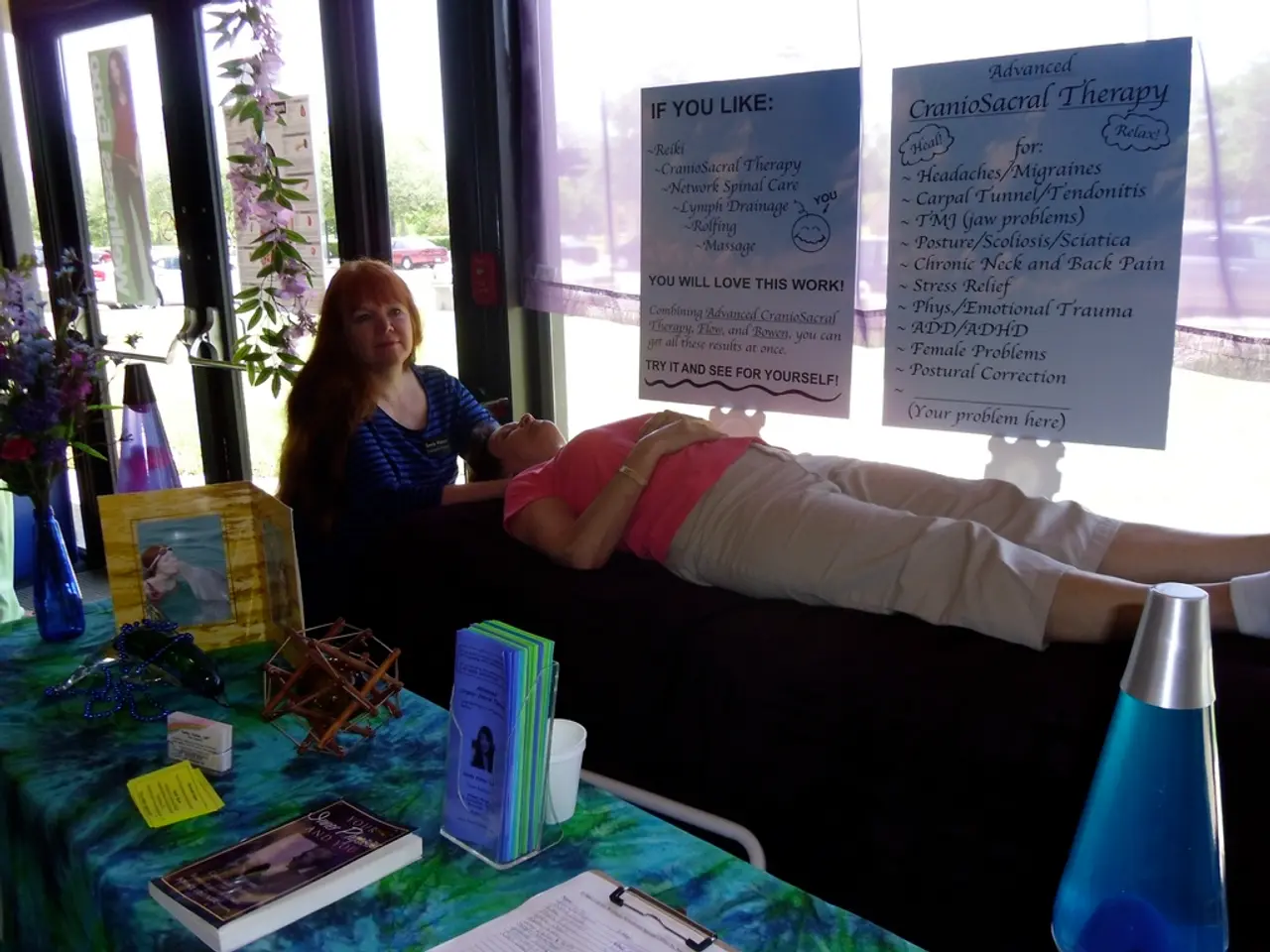Treatment and Self-Care Strategies for Borderline Personality Disorder
Borderline Personality Disorder (BPD) is a mental health condition that affects approximately 1-4% of the general population, according to recent studies. One of the most common experiences for those with BPD is the presence of profound fears of abandonment and rejection.
Fortunately, there are various resources and treatment options available for individuals living with BPD. Meetup, for instance, has a list of DBT (Dialectical Behavior Therapy) groups around the world, offering a supportive community for those seeking help.
DBT is one of the most researched treatments for BPD and includes four skills: mindfulness, distress tolerance, emotion regulation, and relationship skills. Other therapy approaches include Mentalization-Based Treatment, Transference-Focused Psychotherapy, and Schema-Focused Therapy.
Mentalization-Based Treatment teaches individuals how to "mentalize," which involves making sense of other people's intentions and behaviors. Transference-focused psychotherapy uses the client-therapist relationship to help individuals become more aware of their relationship patterns. Schema-focused therapy, on the other hand, combines cognitive behavioral therapy (CBT) with psychodynamic and emotion-focused therapy, believing that people with BPD may adopt one of four schemas.
Medications can also play a role in managing BPD symptoms. Selective Serotonin Reuptake Inhibitors (SSRIs) like Zoloft, Prozac, Celexa, and Lexapro can treat symptoms of depression and anxiety that often co-occur with BPD. Mood stabilizers like Lamictal, Depakote, and Lithium can treat intense emotional fluctuations and impulsive behaviors in BPD. However, it's important to note that medications are not a one-size-fits-all treatment for BPD symptoms.
In addition to traditional therapy and medication, there are numerous online resources available for those seeking support. MedCircle has a YouTube interview with Sammy Grimm on how she manages her BPD, while Amanda Webster's YouTube channel provides peer support and understanding for people living with BPD. Shamala Del Rosario's podcast talks about her recovery, childhood trauma, and coping tools for people living with BPD.
It's also worth noting that 30% to 90% of people with BPD experience childhood trauma, making it much more common for BPD than other personality disorders. Journaling can be a helpful way to express thoughts, feelings, and fears for people with BPD.
For those seeking professional help in the United States, the American Psychological Association has a searchable database of licensed psychologists throughout the country. Remember, seeking help is a courageous step towards healing and recovery.
Lastly, it's important to remember that recovery is possible. With the right support and treatment, individuals with BPD can live fulfilling, happy lives. If you or someone you know is struggling, reach out for help today.
Read also:
- Nightly sweat episodes linked to GERD: Crucial insights explained
- Antitussives: List of Examples, Functions, Adverse Reactions, and Additional Details
- Asthma Diagnosis: Exploring FeNO Tests and Related Treatments
- Unfortunate Financial Disarray for a Family from California After an Expensive Emergency Room Visit with Their Burned Infant








